Sponges – every two weeks
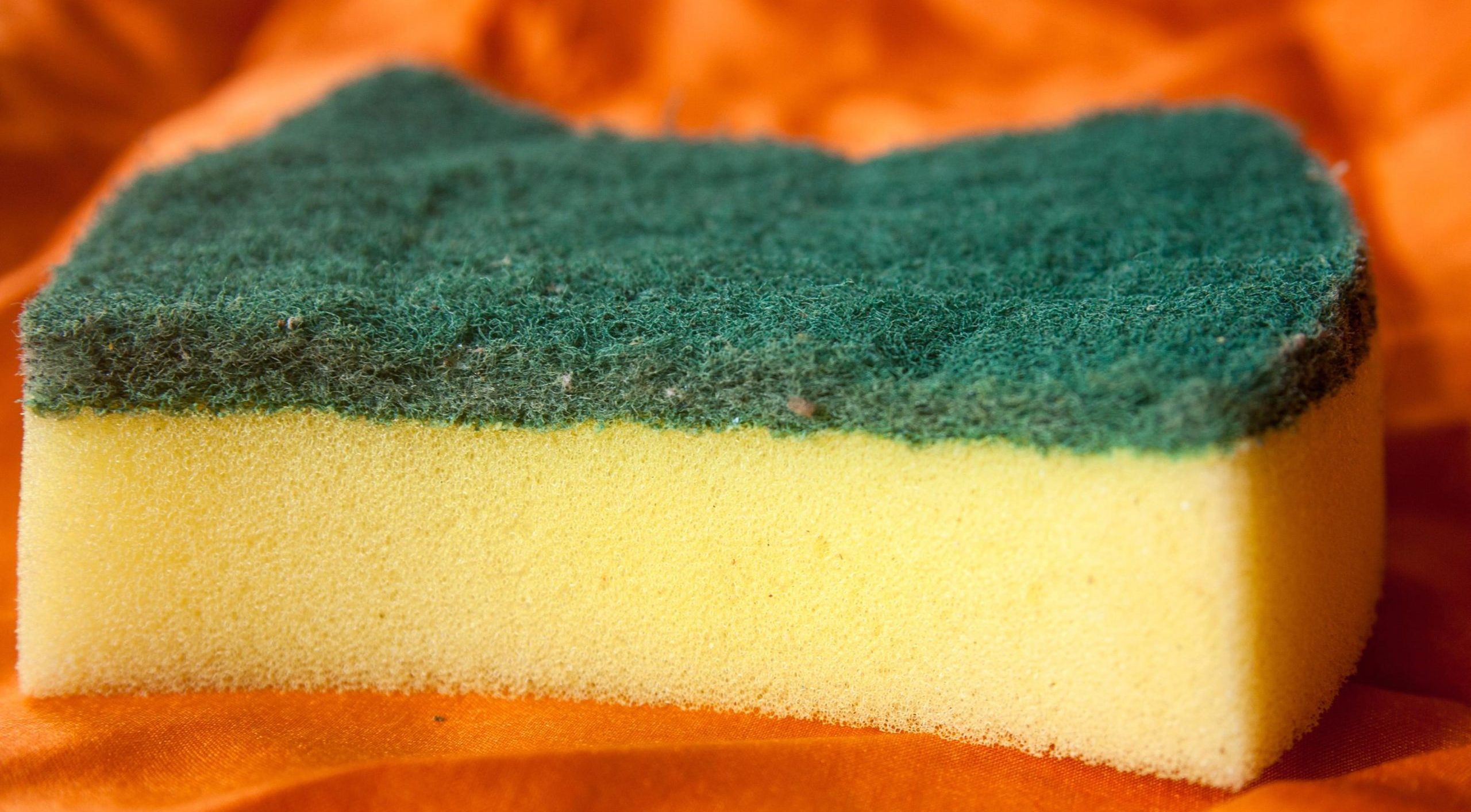
Sponges make washing up a breeze, but they can also become hotbeds of bacterial growth. The CDC recommends changing sponges every two weeks to reduce the risk of them spreading harmful pathogens to your dishes. It’s also a good idea to soak your sponges in hot water and detergent every few days to keep bacterial growth in check, and change them immediately if they develop a persistent unpleasant odour.
Smoke detectors – every ten years
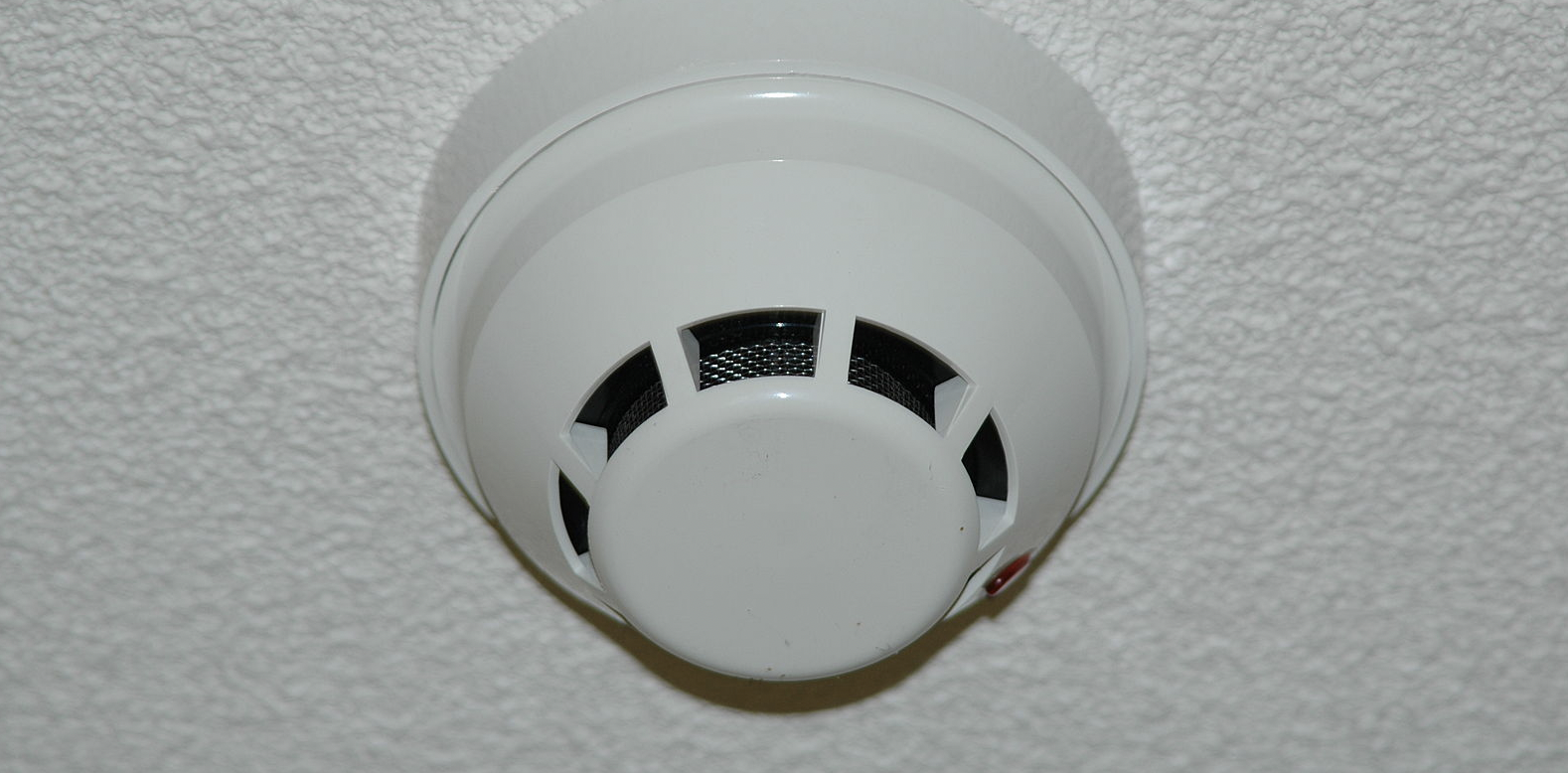
According to advice published by the US Fire Administration, you should completely replace the smoke detectors in your house every ten years. Even smoke detectors that seem to be in good working order are more prone to failing after the ten-year mark, and it’s not a risk worth taking. It’s also important to check your smoke detectors every month by pressing the test button.
Air conditioners – up to 15 years
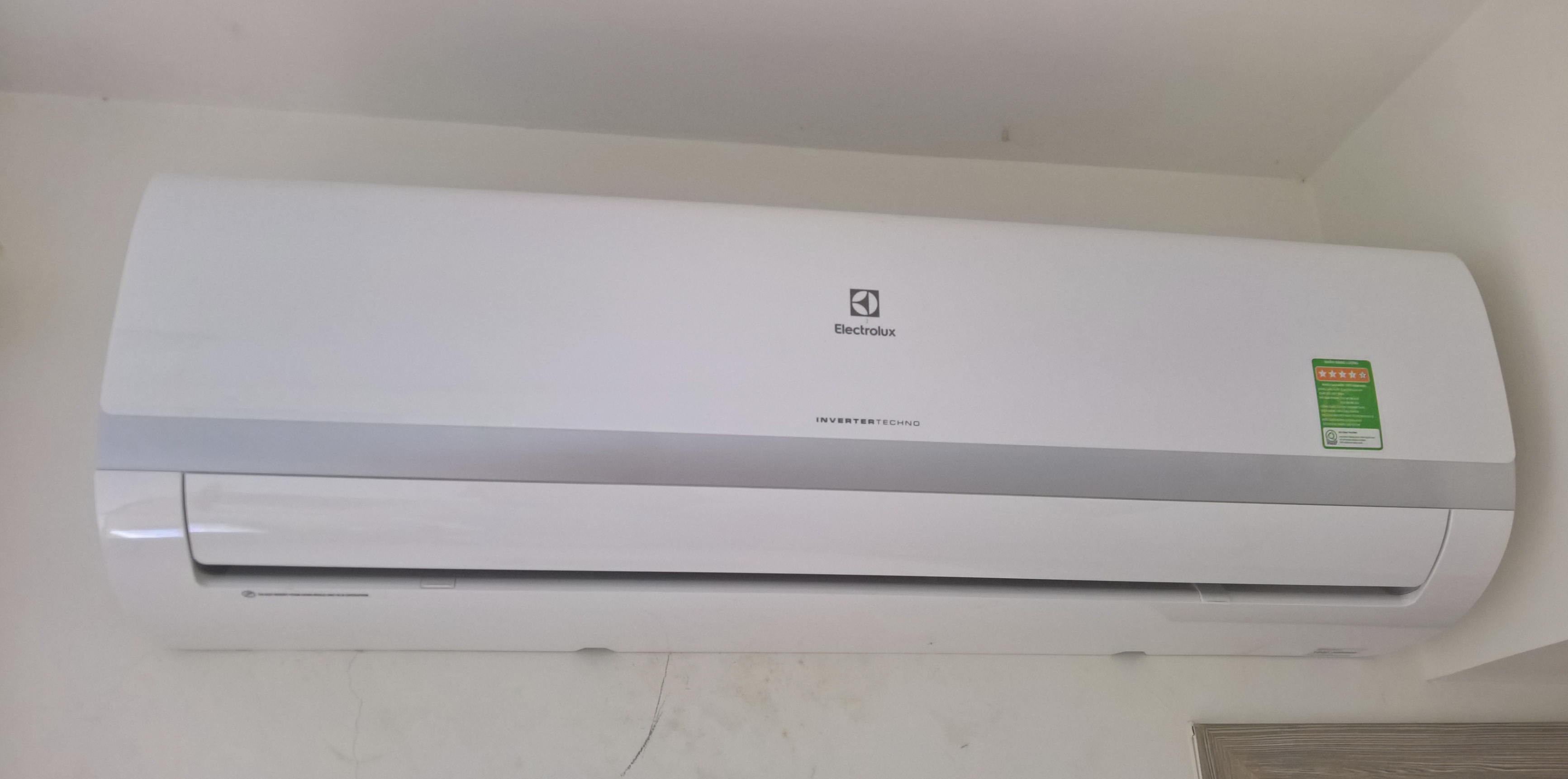
Installing new air conditioning units isn’t cheap, so if your house has them installed you’ll be relieved to know they can last up to 15 years. However, they’ll only stay in good working order for that long if you keep them properly maintained, which means booking services every year or two and ensuring you regularly change the filters.
Water filters – every two months
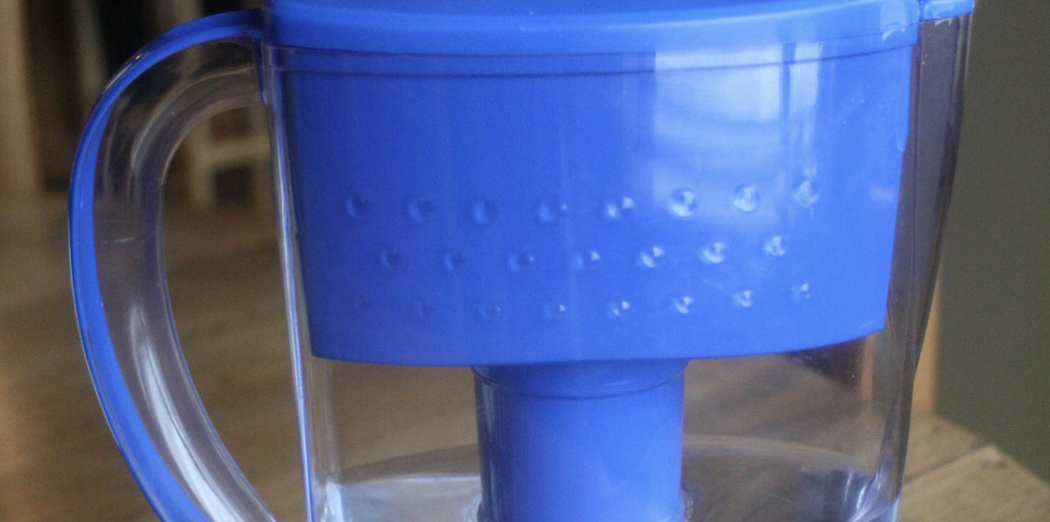
As awareness of harmful contaminants in tap water grows, disposable water filters are becoming increasingly common household items. Most brands, such as Brita, recommend changing the filter every couple of months, although you might need to change it more frequently if you use it more often. Water filters become less effective over time, meaning you’ll end up drinking more chlorine and other nasties if you fail to regularly replace them.
Shower liners – around once a year
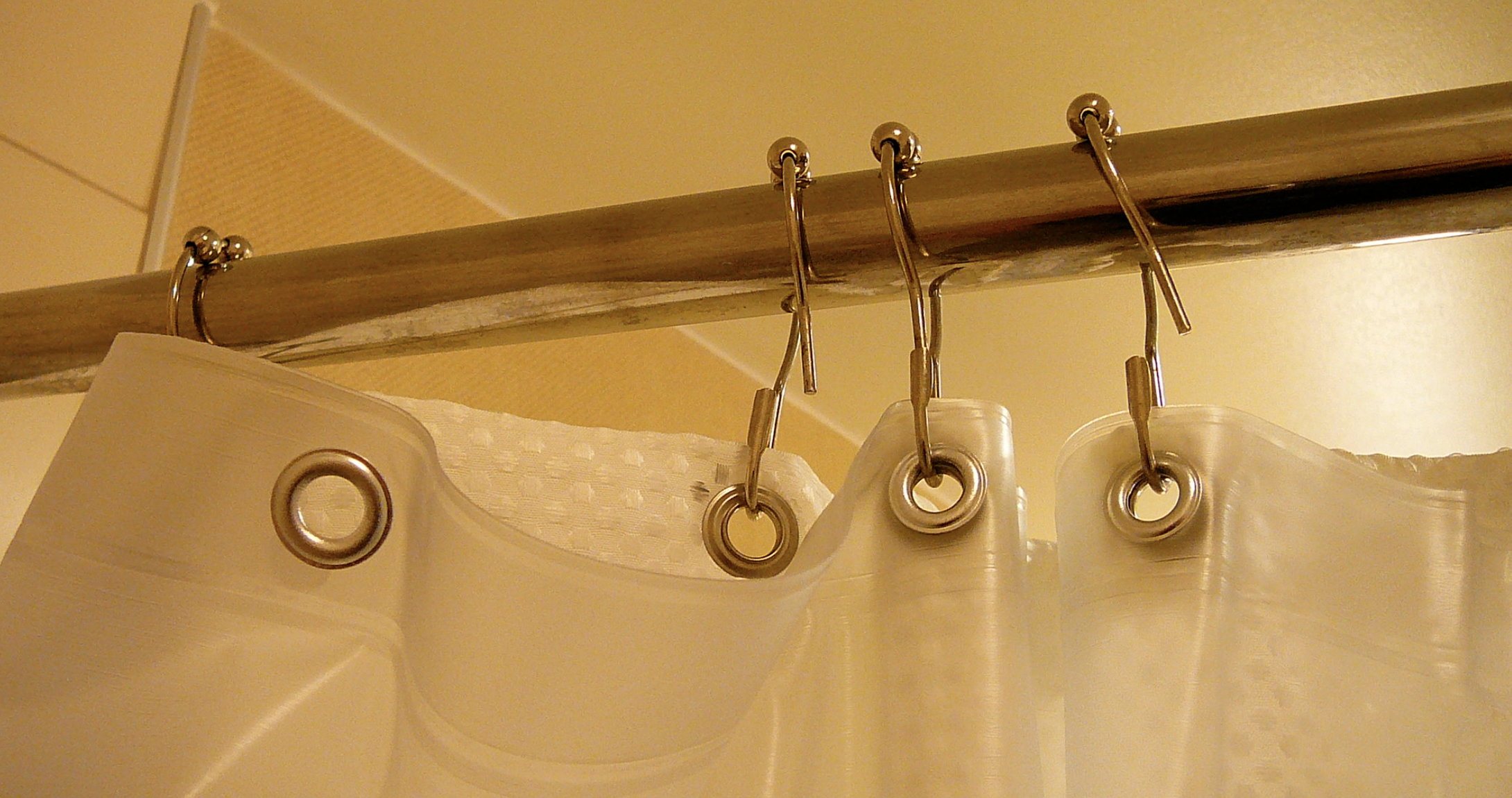
Cleaning your shower liner regularly is vital to preventing mould from developing, and it’s advisable to soak it in water and bleach once every month or two. Even with regular cleaning, however, you’ll still want to replace your shower liner after around a year. This is because there will always be some bacteria that survive cleaning, and over time these populations will eventually grow out of control.
Microwave – every ten years
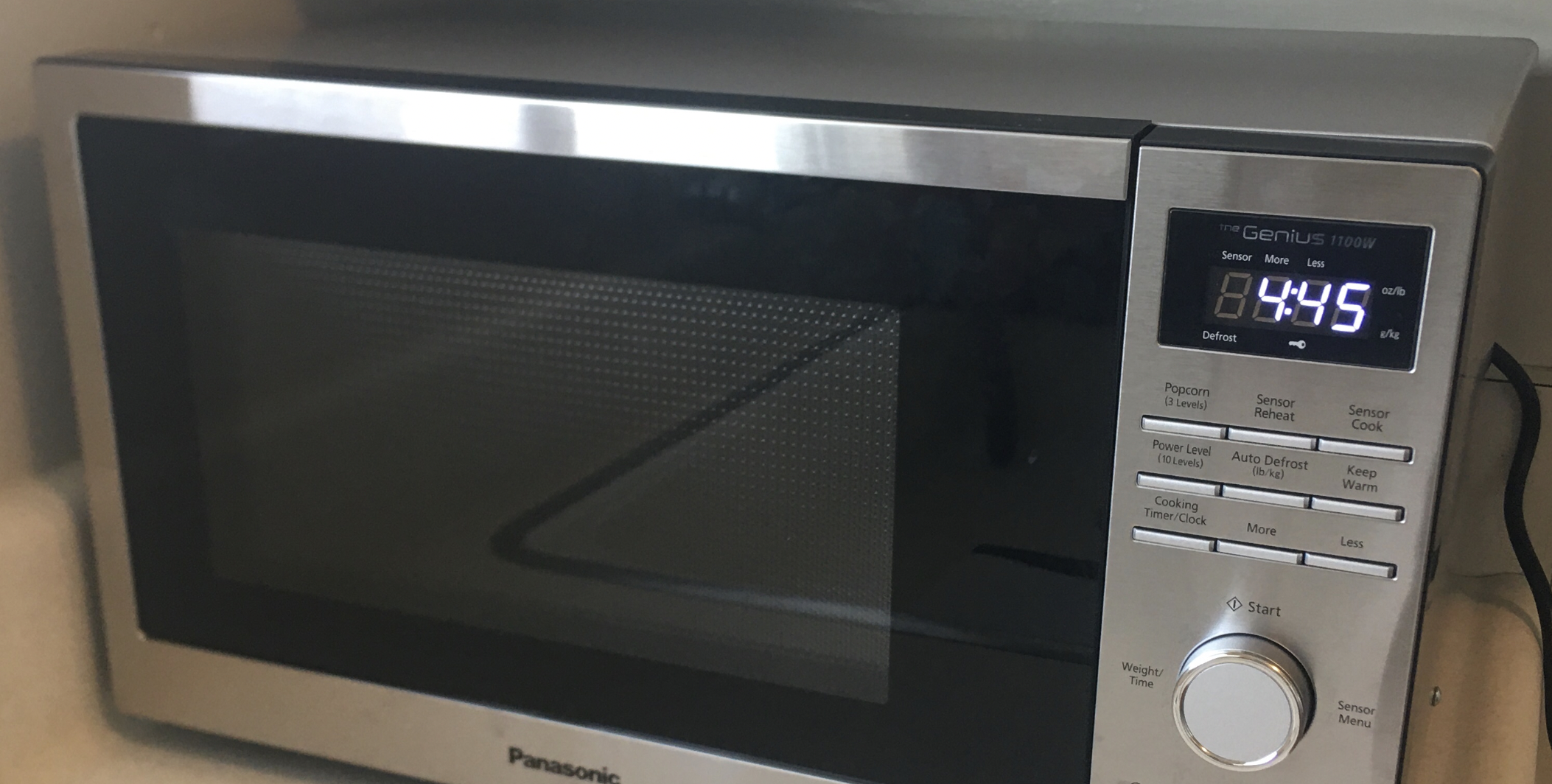
Microwaves are designed to last around ten years, and should be replaced once they cross this mark. Although they might seem like they are still working perfectly, once they are over ten years old the chances of microwaves malfunctioning and causing fires goes up. It’s also not unusual for microwaves to last less than ten years, and you should pay attention to strange noises or increases in cooking times, as these can indicate that it’s time for a replacement.
Sheets – every two to three years

The fabric of your bedsheets will degrade over time, which can eventually impact the quality of your sleep. The average lifespan for a sheet is between two and three years, depending on the material they are made out of. To maximise the lifespan of your bedding, wash it regularly with conditioner and set your washing machine to a cooler temperature.
Mattresses – every seven to ten years
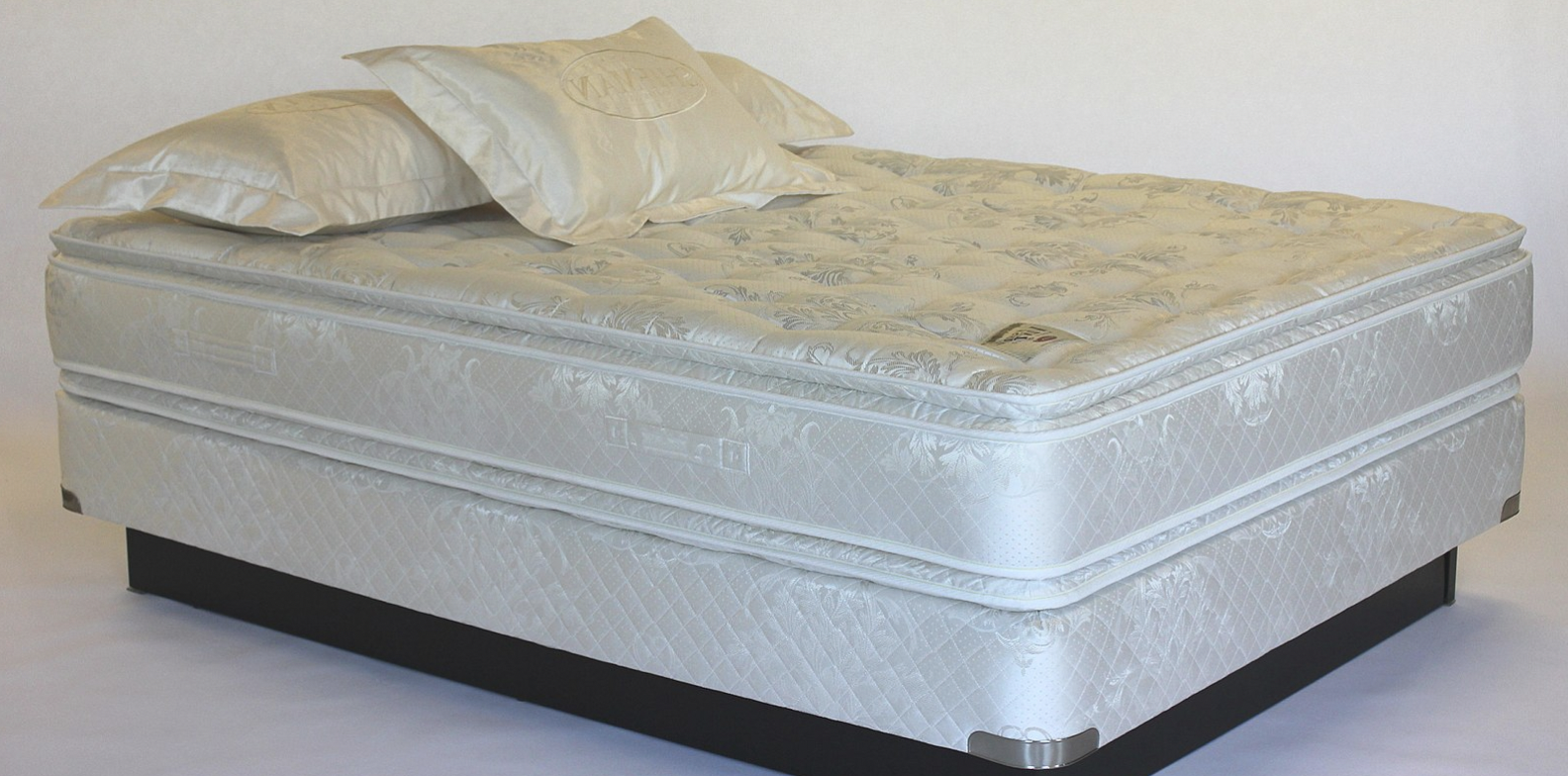
A good quality mattress will often last up to ten years, whilst cheaper options will generally wear out closer to the seven year mark. It’s not always visibly obvious when your mattress needs replacing, but if you’re finding yourself struggling to get comfortable or waking up stiff and sore, it’s probably time for an upgrade.
Non-stick cookware – every five years
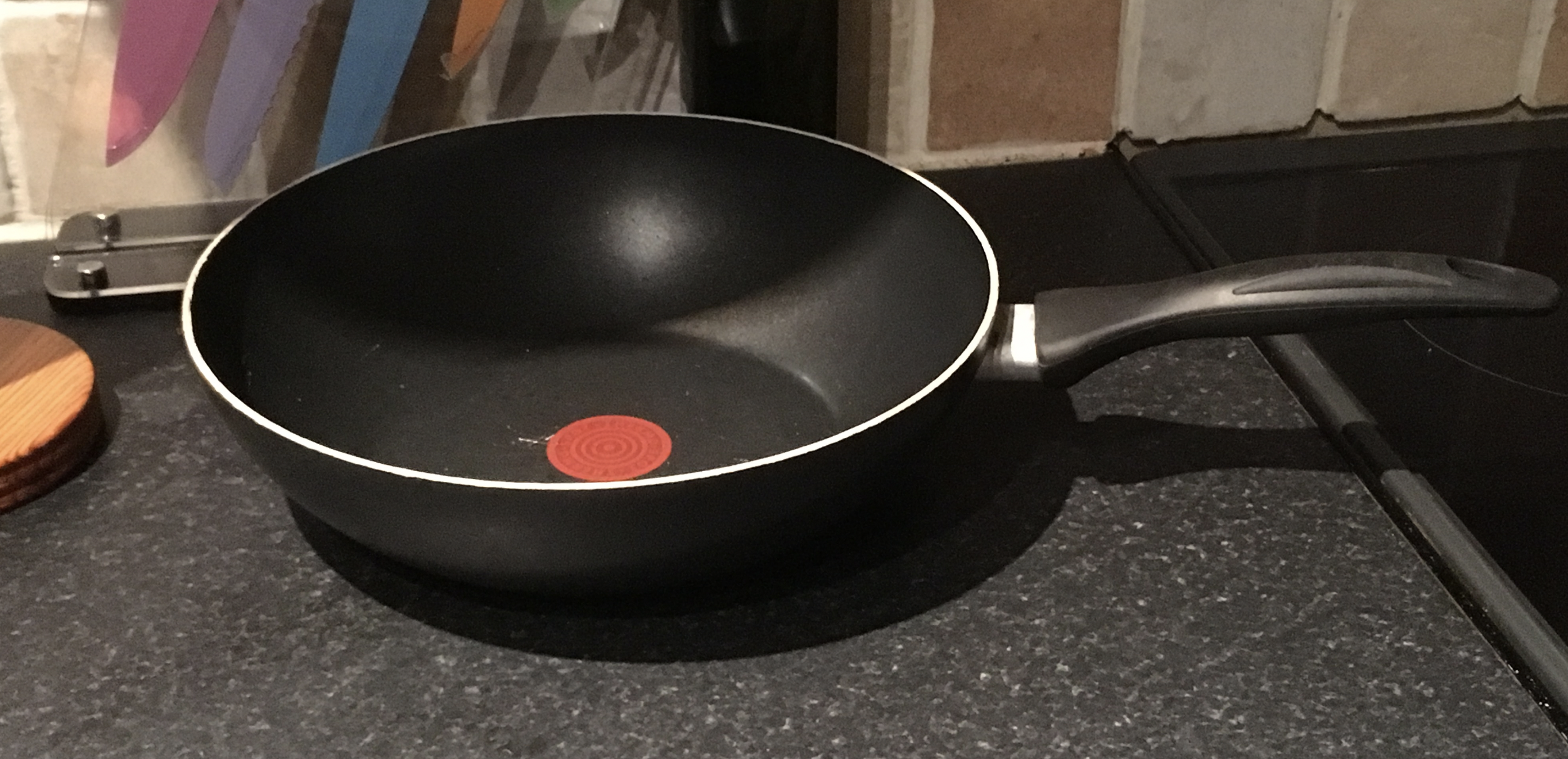
Non-stick pots and pans are incredibly popular due to how easy they make cooking and cleaning, but their coating eventually begins to break down and starts leaching into food. This can occur alarmingly quickly with cheap pans, often around a year or two, but even high-quality items of non-stick cookware should be replaced every five years or so.
Chopping boards – once they show cut marks

Due to their purpose, it’s inevitable that chopping boards will eventually show some serious signs of wear. Unfortunately, cuts and gouges provide perfect locations for bacteria to breed. A study from the University of Michigan showed that once a chopping board has too many deep cuts, it becomes impossible to thoroughly disinfect.